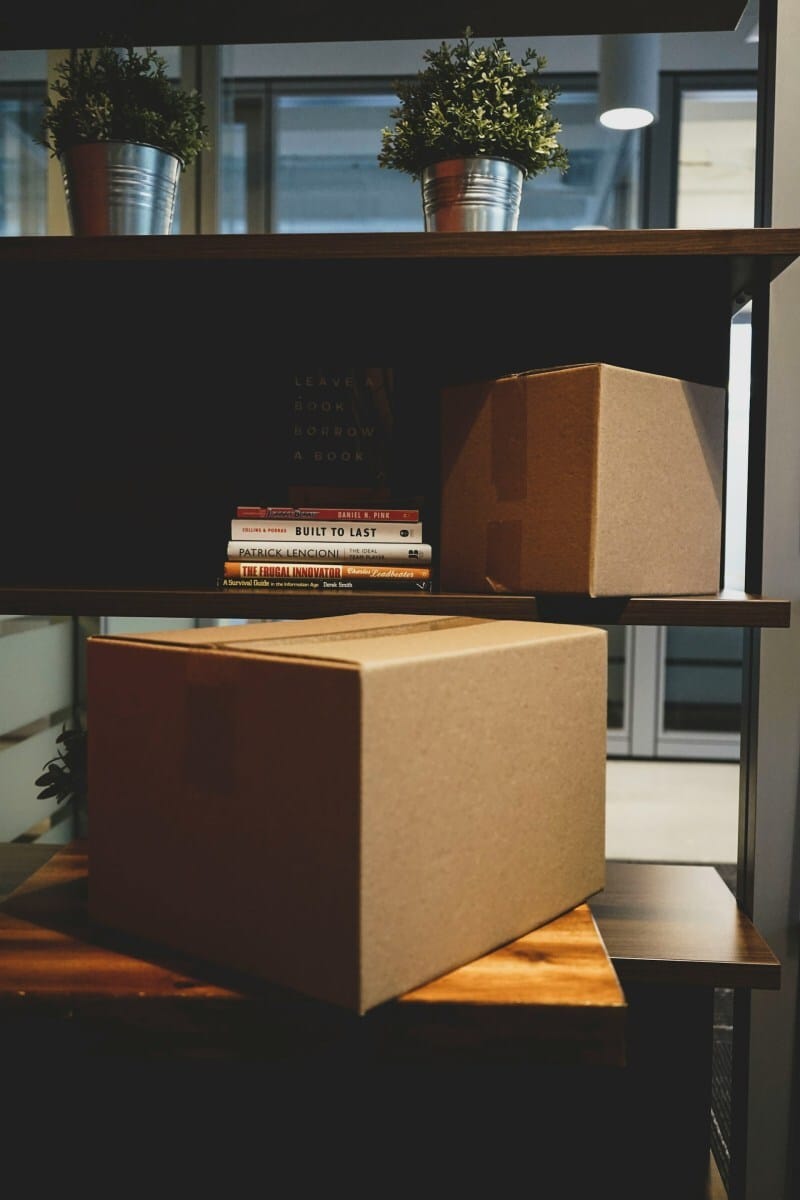
When moving, common packing mistakes – like poor labeling, last-minute packing, or using improper boxes – can lead to damaged items, wasted time, and unnecessary stress. Avoiding these errors is key to a smoother transition. With smart moving packing tips and proven packing hacks for moving, you can learn how to pack efficiently and sidestep the most frequent packing mistakes to avoid. A little planning goes a long way in preserving both your belongings and your sanity.
Moving ranks among life’s most stressful events – but much of that stress stems from avoidable errors made during the packing phase. Whether you’re relocating across town or across the province, how you prepare your belongings directly impacts your timeline, budget, and peace of mind. Surprisingly, many Canadians repeat the same common packing mistakes year after year, unaware that a few strategic shifts can transform the entire experience.
With practical moving packing tips and proven packing hacks for moving, you can sidestep frustration and protect your possessions. If you’re using mobile storage in Calgary or elsewhere, starting with a solid packing foundation ensures your containers stay organized and accessible. Keep reading to discover the seven critical packing mistakes to avoid – and how to pack efficiently without losing your sanity.

Why Smart Packing Matters More Than You Think
Packing is often treated as a chore to rush through, but it’s actually the foundation of a successful move. How you prepare your belongings affects everything from loading efficiency to how quickly you settle into your new home. Thoughtful packing reduces stress, prevents damage, and saves both time and money – especially when combined with reliable moving packing tips and a clear plan.
The Hidden Costs of Poor Packing
Many people don’t realize that common packing mistakes can lead to real consequences:
Broken or lost items that require replacement
Extra moving time due to disorganization
Higher storage or labour costs from inefficient box use
Increased physical strain from poorly packed heavy loads
These issues compound quickly, turning what should be an exciting transition into a frustrating ordeal. On the other hand, knowing how to pack efficiently helps you avoid these pitfalls from the start.

How Good Packing Supports Every Stage of Your Move
Smart packing isn’t just about the boxes – it’s about creating a system that works before, during, and after moving day. For example:
Before the move: A room-by-room strategy keeps you on schedule and prevents last-minute scrambles.
During transport: Properly packed and labeled boxes protect your belongings and make loading safer.
After arrival: Clear labeling and logical grouping let you unpack essentials first and tackle rooms one at a time.
If you’re using expert mobile storage or similar services elsewhere, this level of organization becomes even more valuable. Containers stay secure, but without a smart packing approach, finding what you need can still feel like a treasure hunt.

7 Packing Mistakes to Avoid (And How to Fix Them)
Even seasoned movers fall into predictable traps that cost time, money, and peace of mind. Below are the seven most frequent packing mistakes to avoid – along with practical fixes that support smarter, stress-free relocations.
1. Procrastinating Until Moving Day
Waiting until the week – or worse, the day – before your move forces rushed decisions and sloppy packing. This often leads to forgotten items, damaged goods, and last-minute panic. Start packing non-essentials at least three to four weeks in advance. Create a simple schedule: one room per weekend, or a few boxes per evening. This steady pace keeps stress low and quality high.
2. Using the Wrong Box Sizes
Small items in oversized boxes rattle and break; heavy books in flimsy containers risk collapse. Always match box size to content weight and fragility. Use small boxes for books, tools, or canned goods; medium for kitchenware; and large (but not overstuffed) ones for linens or pillows. Specialty boxes – like wardrobe or dish packs – add extra protection where it’s needed most.
3. Ignoring Proper Labeling Systems
“Kitchen – Fragile” isn’t enough. Without clear, consistent labels, you’ll waste hours hunting for your coffee maker or toothbrush. Label every box on multiple sides with the room name, contents summary, and priority level (e.g., “Open First,” “Bedroom – Lamps”). Consider color-coded tape or a numbering system linked to a master inventory list for even faster sorting.
4. Overpacking or Underpacking Boxes
Both extremes cause problems. Overpacked boxes are hard to lift and prone to bursting; underpacked ones shift during transit, increasing breakage risk. Aim for boxes that weigh no more than 20–25 kg when sealed. Fill empty spaces with soft items like towels or socks to prevent movement – but never sacrifice structural integrity for space.
5. Forgetting Essential Supplies
It’s easy to pack away your scissors, tape, or phone charger – only to need them immediately on moving day. Prepare an “essentials box” ahead of time with toiletries, medications, chargers, snacks, basic tools, and a change of clothes. Keep it separate from your main load so it’s always accessible, whether you’re staying in a hotel or heading straight to your new home.
6. Not Decluttering Before Packing
Packing everything you own – without sorting – means moving clutter you no longer need. Before you tape a single box, go room by room and sort items into keep, donate, sell, or discard piles. Fewer belongings mean fewer boxes, lower moving costs, and a cleaner start in your new space. This step alone can save hours during both packing and unpacking.
7. Packing Without a Room-by-Room Plan
Tossing random items into boxes creates chaos at both ends of the move. Instead, pack by room and keep all related items together. This not only simplifies unloading but also helps movers (or helpers) place boxes in the correct rooms immediately. Pair this with your labeling system for maximum efficiency.

Bonus: Packing Hacks for Moving That Actually Work
Once you’ve sidestepped the most common packing mistakes, you can elevate your moving experience with simple, time-tested strategies. These packing hacks for moving focus on efficiency, protection, and accessibility – helping you pack smarter without extra cost or complexity.
Maximize What You Already Own
Instead of buying new supplies for every move, repurpose items you already have:
Suitcases, duffel bags, and laundry baskets work well for clothes, linens, or non-fragile kitchenware
Towels, socks, and sweaters double as cushioning for glassware and electronics
Shoeboxes or plastic bins can organize small items like cables, spices, or craft supplies
Streamline Setup and Unpacking
A little foresight before disassembly saves hours later:
Take photos of complex electronics or furniture setups before unplugging or dismantling
Store hardware like screws or brackets in labeled zip-top bags taped directly to the item
Pack a “first 24 hours” box with toiletries, phone chargers, snacks, medications, and a change of clothes – and keep it with you
These steps align with moving packing tips that prioritize usability over speed.
Optimize for Storage or Transit
If your move involves temporary storage or multiple stages, organization becomes even more critical. Group boxes by room, label clearly, and avoid overfilling containers so they remain stackable and manageable. For those using portable storage solutions, this level of preparation ensures quick access and minimal reshuffling.
Final Thoughts: Pack Smarter, Not Harder
Moving doesn’t have to be chaotic. By recognizing the most frequent packing mistakes to avoid and applying practical strategies, you gain control over one of life’s most disruptive transitions. Whether you’re relocating across the city or across the province, small changes – like labeling boxes clearly, decluttering early, or using clothing to cushion fragile items – add up to significant time and stress savings.
The post Avoid These 7 Packing Mistakes That Cost Time and Sanity appeared first on Moss and Fog.